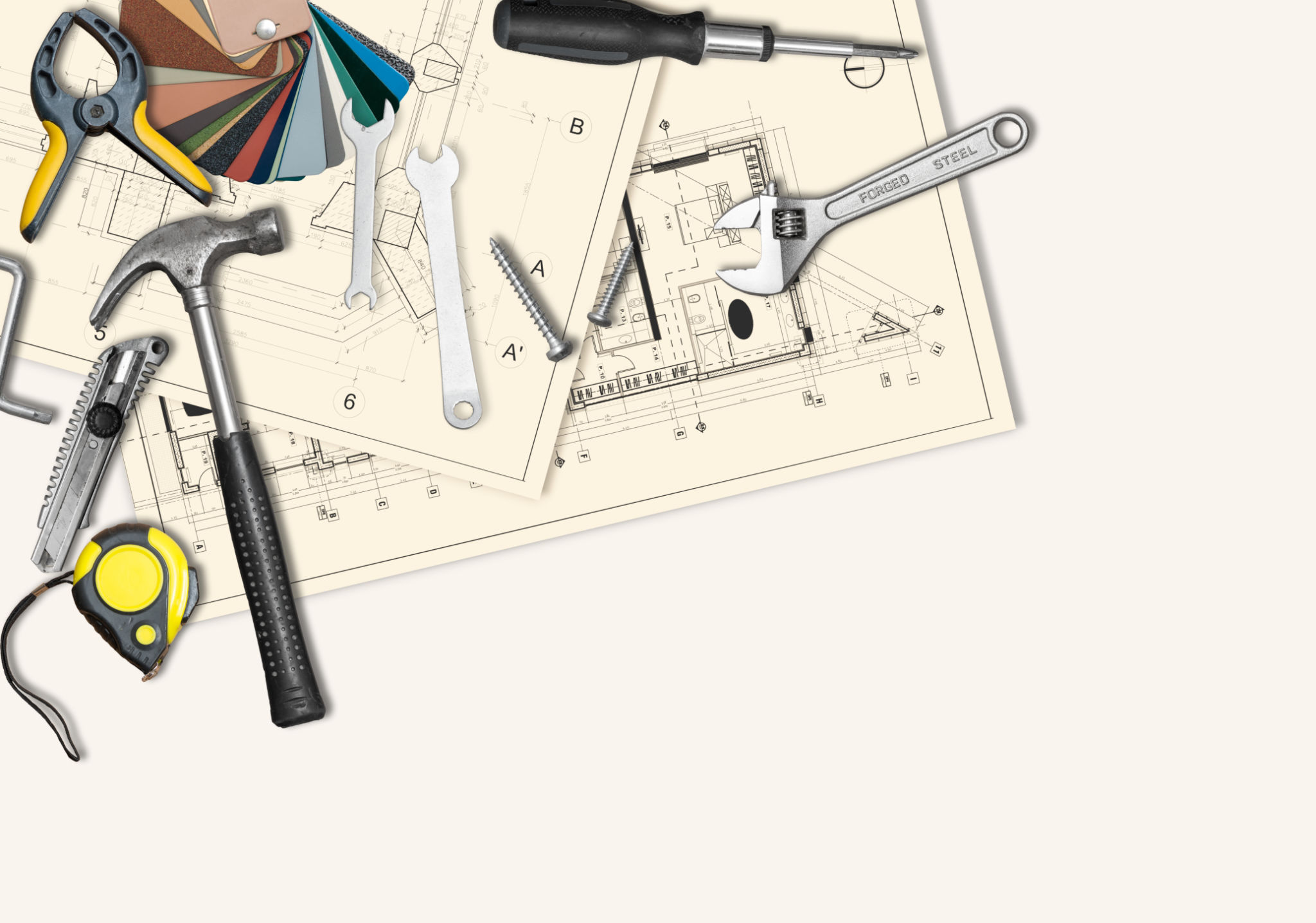DIY Home Renovation Tips: What to Tackle Yourself and When to Call the Pros
Understanding Your Skill Level
Embarking on a DIY home renovation project can be an exciting yet daunting task. One of the first steps is to assess your skill level honestly. Are you comfortable using tools and working with different materials? Have you tackled similar projects before? Understanding your capabilities will help you decide which tasks you can handle and which ones might require professional help.

Choosing the Right Projects
Not every renovation project is suitable for a DIY approach. Simple tasks like painting walls, replacing light fixtures, or installing shelves can often be done without professional help. These projects typically require basic tools and skills, making them ideal for beginners. However, larger projects involving structural changes or complex systems like plumbing and electrical work usually require the expertise of professionals.
Start Small
If you're new to DIY home renovations, starting with small projects can build your confidence and skills. Consider beginning with tasks like changing cabinet hardware or regrouting bathroom tiles. These small changes can have a big impact on your space without overwhelming you.

Knowing When to Call the Pros
It's crucial to know your limits when it comes to home renovations. Here are some scenarios where calling in professionals is advisable:
- Electrical Work: Due to safety concerns and regulations, electrical projects are best left to licensed electricians.
- Plumbing Jobs: A small mistake can lead to significant water damage, so it's wise to hire a plumber for major plumbing tasks.
- Structural Changes: Removing walls or making structural changes should be handled by experts to ensure safety and compliance with building codes.
Planning and Preparing for Your Project
Preparation is key to a successful DIY renovation. Start by creating a detailed plan that outlines the steps involved in your project. Gather all necessary tools and materials beforehand to avoid interruptions. Additionally, setting a realistic timeline will help you stay organized and focused.

Budgeting Wisely
A well-planned budget can prevent financial stress during your renovation. Research the costs of materials and tools, and factor in potential expenses for hiring professionals if needed. It's also a good idea to set aside a contingency fund for unexpected costs.
Safety First
No matter the size of your project, safety should always be a top priority. Wear appropriate safety gear such as gloves, goggles, and masks when necessary. Ensure your workspace is clean and organized to prevent accidents. If you're unsure about a task, don't hesitate to seek guidance or hire a professional.
DIY home renovations can be both rewarding and challenging. By understanding your skills, choosing the right projects, and knowing when to seek help, you can transform your space while enjoying the process. Remember, tackling some tasks yourself can save money and give you a sense of accomplishment, but it's always important to prioritize safety and quality over everything else.